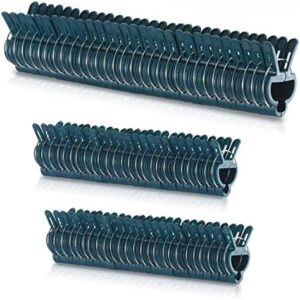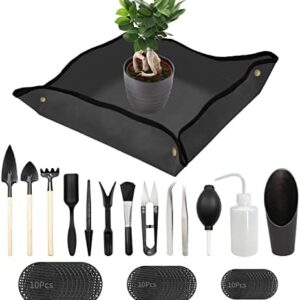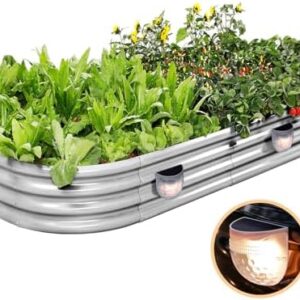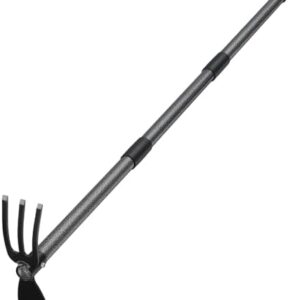Do you find yourself throwing away kitchen scraps every day? Did you know that those scraps could actually be transformed into rich soil for your garden? With a little bit of effort, you can turn your kitchen waste into nutrient-rich compost that will help your plants thrive and reduce waste at the same time.
Garden composting is not only a great way to recycle your kitchen scraps, but it also helps to improve soil structure, retain moisture, and suppress plant diseases. It’s a win-win situation for both your garden and the environment.
So, how do you get started with garden composting? It’s actually quite simple. All you need is a compost bin or pile, some kitchen scraps, and a little bit of patience. Let’s dive into the art of garden composting and learn how you can turn your kitchen scraps into rich soil for your garden.
First things first, you’ll need to choose a location for your compost bin or pile. You’ll want to place it in a sunny spot that is easily accessible from your kitchen. This will make it convenient for you to deposit your kitchen scraps regularly.
Next, you’ll need to start collecting your kitchen scraps. This can include fruit and vegetable peels, coffee grounds, eggshells, and even shredded paper or cardboard. Avoid adding meat, dairy, or oily foods to your compost as they can attract pests and slow down the composting process.
Once you have a nice collection of kitchen scraps, it’s time to start building your compost pile. You’ll want to layer your scraps with dry materials such as leaves, straw, or shredded paper to provide a good balance of green and brown materials. Green materials add nitrogen to the compost, while brown materials add carbon.
As you add more kitchen scraps and yard waste to your compost pile, be sure to turn it regularly with a pitchfork or shovel. Turning the compost helps to aerate it and speed up the decomposition process. You’ll also want to keep your compost moist, but not too wet. Aim for a consistency similar to a damp sponge.
After a few weeks to a few months, depending on the size of your compost pile and the weather conditions, you should start to see your kitchen scraps transform into dark, crumbly compost. This is a sign that your compost is ready to use in your garden.
When using your compost in the garden, you can spread it around your plants, mix it into the soil before planting, or create a compost tea to feed your plants. Your plants will thank you for the nutrient boost, and you’ll be reducing waste in the process.
Garden composting is not only beneficial for your plants, but it also helps to reduce greenhouse gas emissions by diverting organic waste from landfills. When organic matter breaks down in a landfill, it produces methane gas, a potent greenhouse gas that contributes to climate change. By composting your kitchen scraps instead, you’re helping to mitigate this environmental impact.
In addition to reducing waste and improving soil health, garden composting can also save you money. By making your own compost, you’ll reduce the need for store-bought fertilizers and soil amendments. Plus, you’ll have the satisfaction of knowing that you’re taking a step towards a more sustainable lifestyle.
So, the next time you’re about to toss your kitchen scraps in the trash, think about the potential they have to become rich soil for your garden. With a little bit of effort and patience, you can turn your kitchen waste into a valuable resource that will benefit your plants and the environment.
Garden composting is not just a practical way to recycle your kitchen scraps. It’s also a rewarding and fulfilling practice that connects you to the natural cycles of the earth. So, grab a pitchfork and start composting today. Your garden – and the planet – will thank you.






